Donald Trump indicted over 2020 election, court date set
Donald Trump will face court on Friday AEST after being indicted in an unprecedented criminal case on four charges including ‘conspiracy to defraud the US’ over the 2020 election.
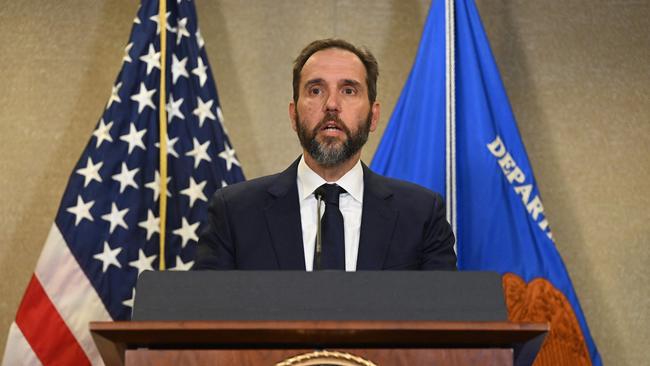
Donald Trump will face court on Friday morning (AEST) after being indicted in an unprecedented criminal case accusing the former president of trying to subvert the will of American voters through his attempts to cling to power after he lost the 2020 election..
The indictment by a federal grand jury in Washington charges Mr Trump with four crimes, including conspiring to defraud the US, obstructing an official proceeding, and conspiring against the rights of voters for his actions that culminated in the January 6, 2021, attack by his supporters on the US Capitol.
The charges are:
- Conspiracy to defraud the United States “by using dishonesty, fraud and deceit to obstruct the nation’s process of collecting, counting, and certifying the results of the presidential election,” according to the special counsel’s office.
- Conspiracy to impede the Jan. 6 congressional proceeding at which the collected results of the presidential election are counted and certified.
- Conspiracy against the right to vote and to have that vote counted.
- Obstruction of, and attempt to obstruct and impede, the certification of the electoral vote.
Brought by special counsel Jack Smith, the indictment opens a second federal criminal case against Mr Trump under the administration led by President Biden, who beat him in the 2020 race for the White House and is now his potential rival as Mr Trump is the GOP front-runner for 2024.
“Despite having lost, the Defendant was determined to remain in power. So for more than two months following election day on November 3, 2020, the Defendant spread lies that there had been outcome-determinative fraud in the election and that he had actually won. These claims were false, and the Defendant knew that they were false,” the indictment said.
Mr Smith told reporters he would be looking for a “speedy trial”.
While Mr Trump isn’t charged with inciting the Jan. 6 riot, the indictment alleges that he exploited the riitot despite knowing there was no evidence to support his claims of election fraud.
The indictment presents key new details about Mr Trump’s efforts to reach members of Congress and delay the certification.
According to the indictment, as cited by NBC: Co-conspirator 6 attempted to confirm phone numbers for six US senators whom Trump had directed co-conspirator 1 to call and attempt to enlist in further delaying the certification.
In one call, co-conspirator 1 left a voicemail for a U.S. senator that said, “We need you, our Republican friends, to try to just slow it down so we can get these legislatures to get more information to you. And I know they’re reconvening at eight tonight, but the only strategy we can follow is to object to numerous states and raise issues so that we get ourselves into tomorrow — ideally until the end of tomorrow.”
In another message intended for another U.S. senator, co-conspirator 1 claimed that Pence’s “actions had been surprising and asked the senator to “object to every state and kind of spread this out a little bit like a filibuster[.]”
In a social media post, Mr Trump said the case was a “pathetic attempt” by the Biden Justice Department to “interfere with the 2024 Presidential Election.” The indictment ensures he will campaign under a cloud of legal challenges.
Mr Smith’s office also is prosecuting Mr Trump on separate charges that he improperly retained classified government documents at his Mar-a-Lago resort and obstructed the government’s efforts to retrieve them.
The district attorney in Fulton County, Ga., also has been investigating Trump for election interference. He awaits trial on 34 felony charges brought by local prosecutors in New York in a business-records case stemming from a hush-money payment made to a porn star in the final stretch of the 2016 election.
Mr Trump has denied wrongdoing in the federal, New York and Georgia matters, and accused prosecutors of pursuing him for political reasons.
In the latest federal case, Mr Smith and his team investigated attempts by Mr Trump and his allies to stop the transfer of power to Mr Biden in the days leading up to the riot at the Capitol, where Mr Trump had urged his supporters to go while lawmakers were certifying Biden’s win.
The probe has advanced for months on several tracks, with prosecutors examining efforts that included assembling fake slates of electors to send to Congress; pressuring former Vice President Mike Pence to thwart the congressional certification of Biden’s win; pressing state officials to undo their results; fundraising with false claims of election fraud; and rallying his supporters to march to the Capitol.
Federal grand jurors in Washington have heard from witnesses including election officials from several states, White House lawyers and a list of Mr Trump’s closest aides. Mr Pence, Trump’s former chief of staff Mark Meadows and other senior officials in Mr Trump’s closest circles also testified after Mr Trump’s lawyers unsuccessfully tried to block their appearances, citing executive privilege. Prosecutors interviewed Mr Trump’s former personal lawyer Rudy Giuliani for eight hours.
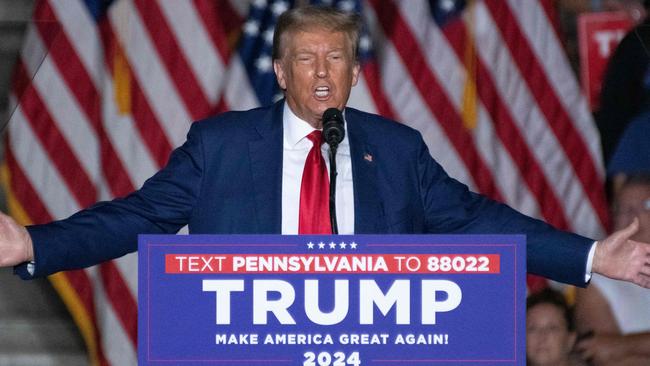
Prosecutors recently added three new counts to the documents case, alleging Trump and his aides sought to have surveillance footage from the club deleted so that it couldn’t be turned over to a grand jury. A federal judge has scheduled the trial in that case to begin on May 20, 2024.
Despite his compounding legal problems, Trump has remained the clear front-runner for the GOP nomination as he has portrayed himself as the victim of a broad effort to keep him out of office. He has seen fundraising spikes surrounding his two previous indictments, and most of his Republican rivals for the nomination have joined in criticizing his prosecution.
Attorney General Merrick Garland has denied that the Justice Department’s investigations are politically motivated. He has said he appointed Smith, whom he called a “veteran career prosecutor,” as special counsel to insulate the probe and give it a degree of independence from the agency’s political appointees.
Dow Jones, AFP

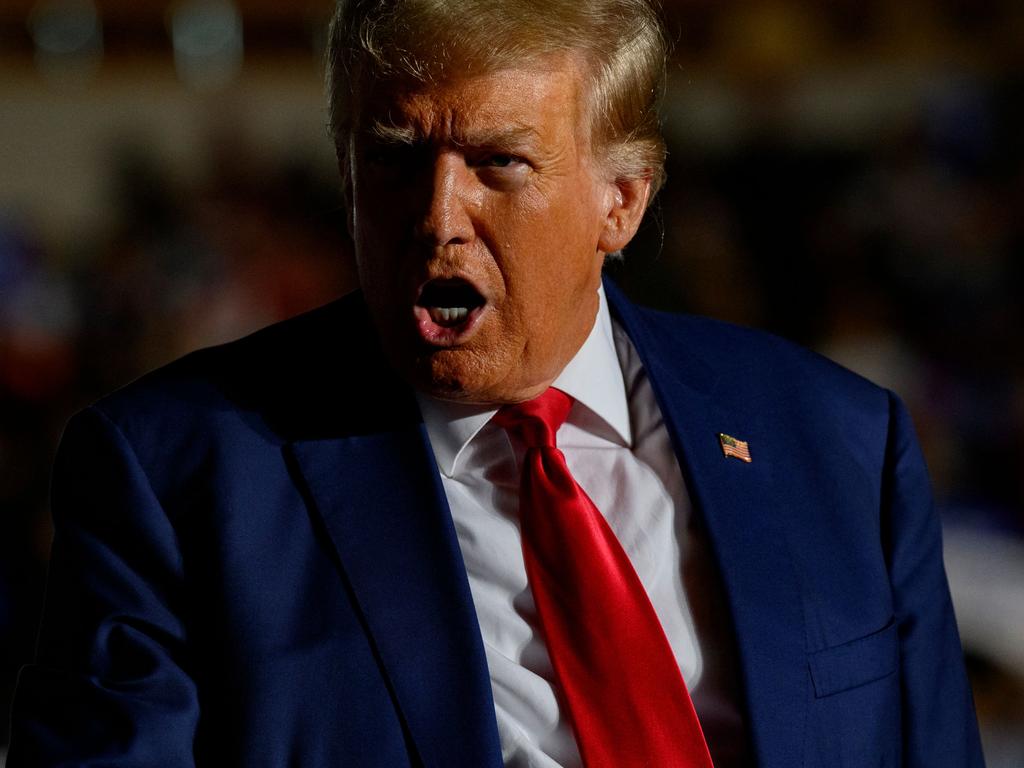
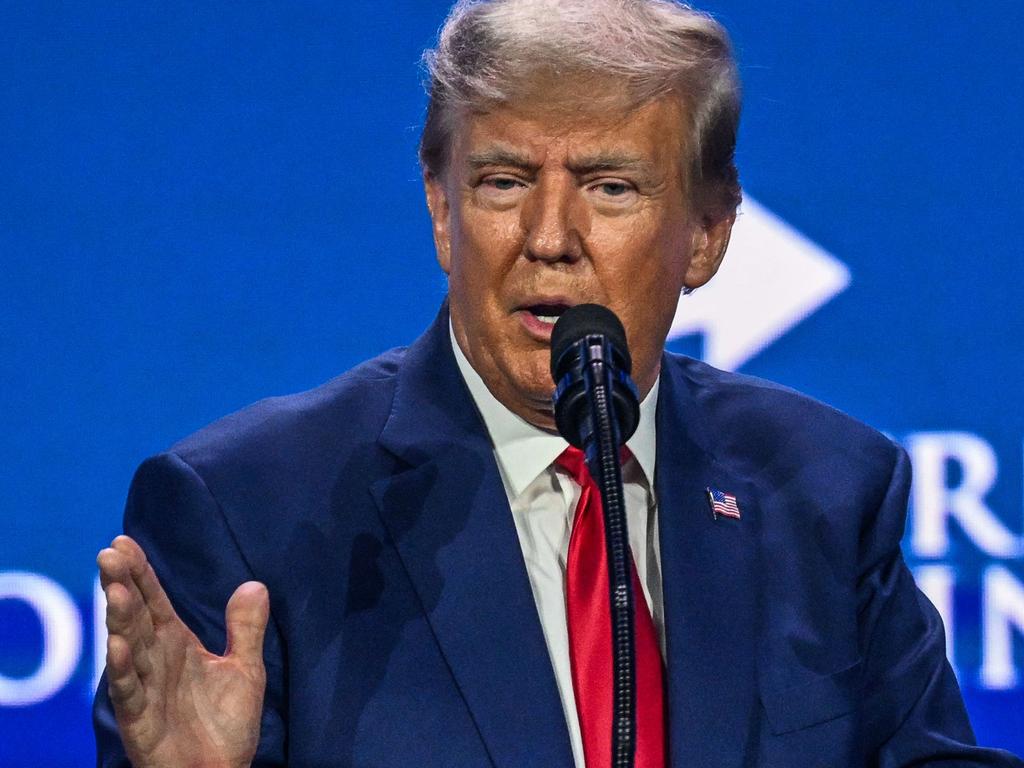

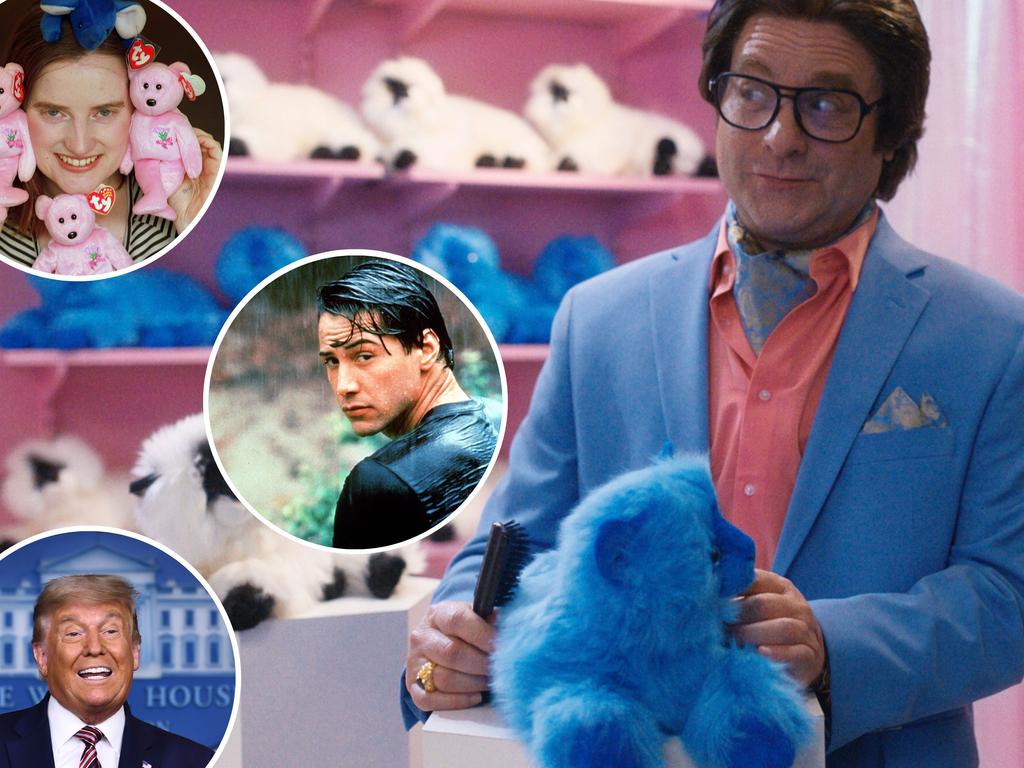


To join the conversation, please log in. Don't have an account? Register
Join the conversation, you are commenting as Logout